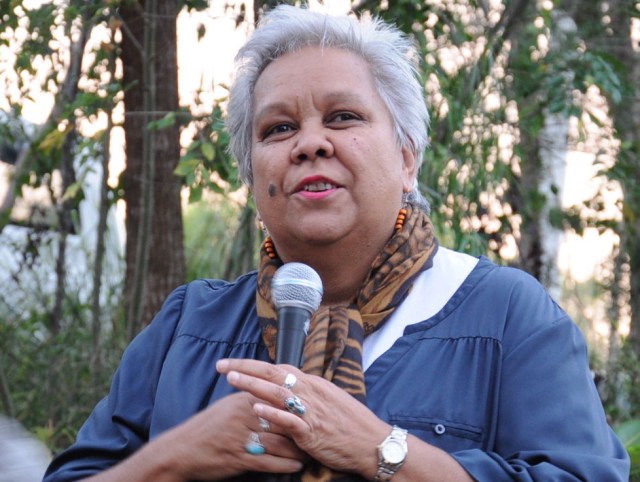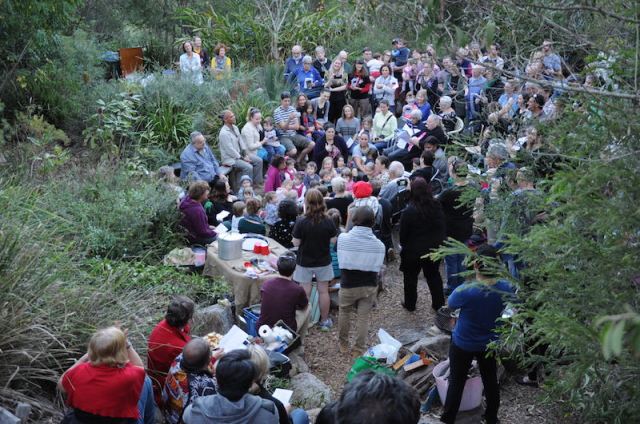More drug and alcohol treatment services are available in North Brisbane for people who need support to overcome methamphetamine (ice) and other forms of substance dependence.
An additional $5 million in Federal funding over three years will significantly increase the capacity of local service providers to meet demand for alcohol and other drug treatment services.
Courtesy Ten Eyewitness News
Brisbane North PHN‘s Executive Manager for Commissioned Services Pauline Coffey said the new funding would help people regain control of their lives and break the cycle of dependence.
“Treatment service providers and families of those affected have been calling for more help, so I am pleased we can now provide additional resources to support recovery,” she said.
The PHN has been working closely with the alcohol and other drug treatment sector to plan the services needed in North Brisbane and has selected three agencies to deliver these services.
“Lives Lived Well has been commissioned to deliver alcohol and other drug treatment services in the Moreton Bay region, where the greatest need was identified.
“The PHN has also commissioned the Institute for Urban Indigenous Health (IUIH) to deliver culturally appropriate alcohol and other drug treatment services for Aboriginal and Torres Strait Islander people, primarily across the Moreton Bay region,” Ms Coffey said.
“Additionally, we have commissioned the Queensland Network of Alcohol and Other Drug Agencies (QNADA) to support development of the alcohol and other drugs workforce.
“While we are careful not to underestimate the scale of the problem we face, I am confident the most capable service providers have been selected to address this challenge and I congratulate them on their successful tender applications,” she said.
Lives Lived Well CEO Mitchell Giles said today’s launch marks a significant boost to Brisbane north services, with free community-based alcohol and drug support being made available to the region for the first time.
“We expect that about 70 per cent of people seeking support at the new service will be experiencing problems with methamphetamines (ice),” Mr Giles said.
“Our counsellors are trained to support people who have problems with any kind of drug, including alcohol, and can offer flexibility, intensive care involving counselling, day programs, group work and case management,” he said.
IUIH Chief Executive Adrian Carson said these new services will enable the IUIH to expand its existing substance misuse and mental health services to Aboriginal and Torres Strait Islander communities across one of Australia’s fastest Indigenous growing population.
“These services will be fully integrated with the comprehensive primary healthcare service already being delivered by the IUIH Members,” Mr Carson said.
QNADA Chief Executive Rebecca Lang said she looked forward to providing additional workforce support to professionals in the alcohol and other drug treatment sector.
“We are very pleased to see the opening of the Strathpine Lives Lived Well service, the first alcohol and other drug specialist service for Strathpine and the region which is great news for the community,” Ms Land said.
Clients may access treatment services via self-referral, professional referral (e.g. GP, Hospital, Emergency Services) or through an outreach service.
On 6 December 2015, Prime Minister Malcolm Turnbull announced that the Government would invest $241.5 million through the 31 Primary Health Networks to boost the alcohol and other drug treatment sector and reduce demand for ice.
Primary Health Networks took on responsibility for planning and funding additional alcohol and other drug treatment services on 1 July 2016.
Following comprehensive needs assessment, Brisbane North PHN identified there was significant need for alcohol and drug treatment services in the Moreton Bay north and Strathpine areas within the PHN region.
People experiencing drug or alcohol problems can call Lives Lived Well on 1300 727 957. Aboriginal or Torres Strait Islander people can call IUIH on 07 3648 9500.
First published by Brisbane North PHN on February 20, 2017.






You must be logged in to post a comment.